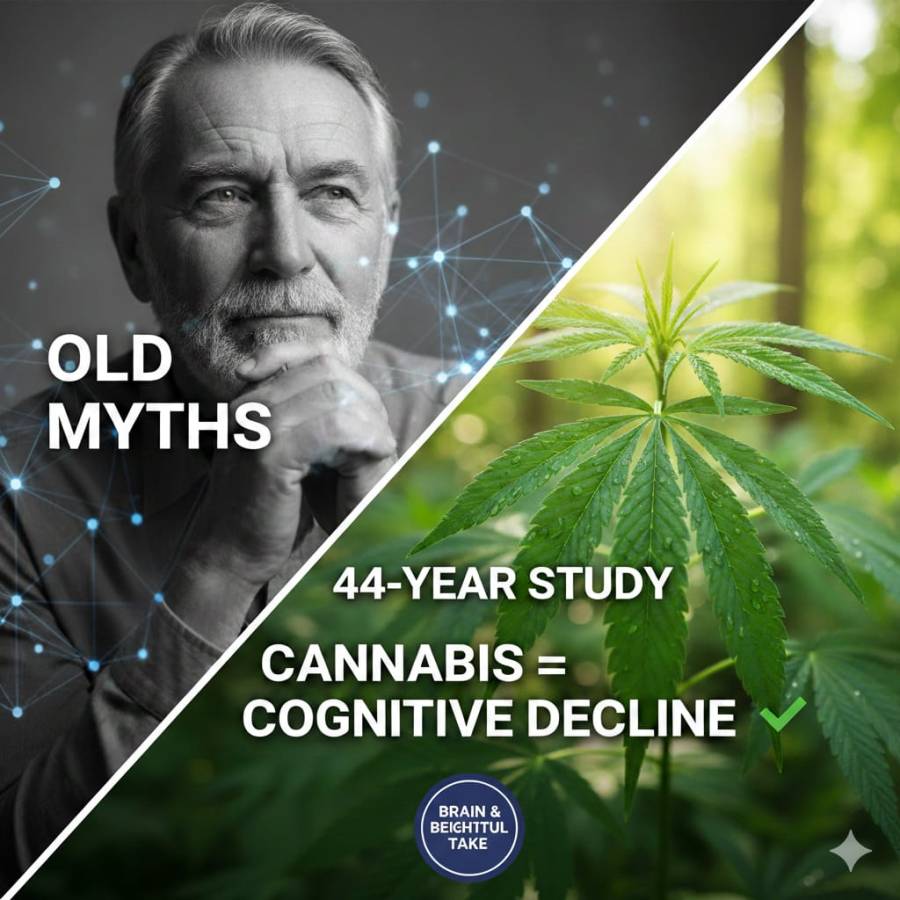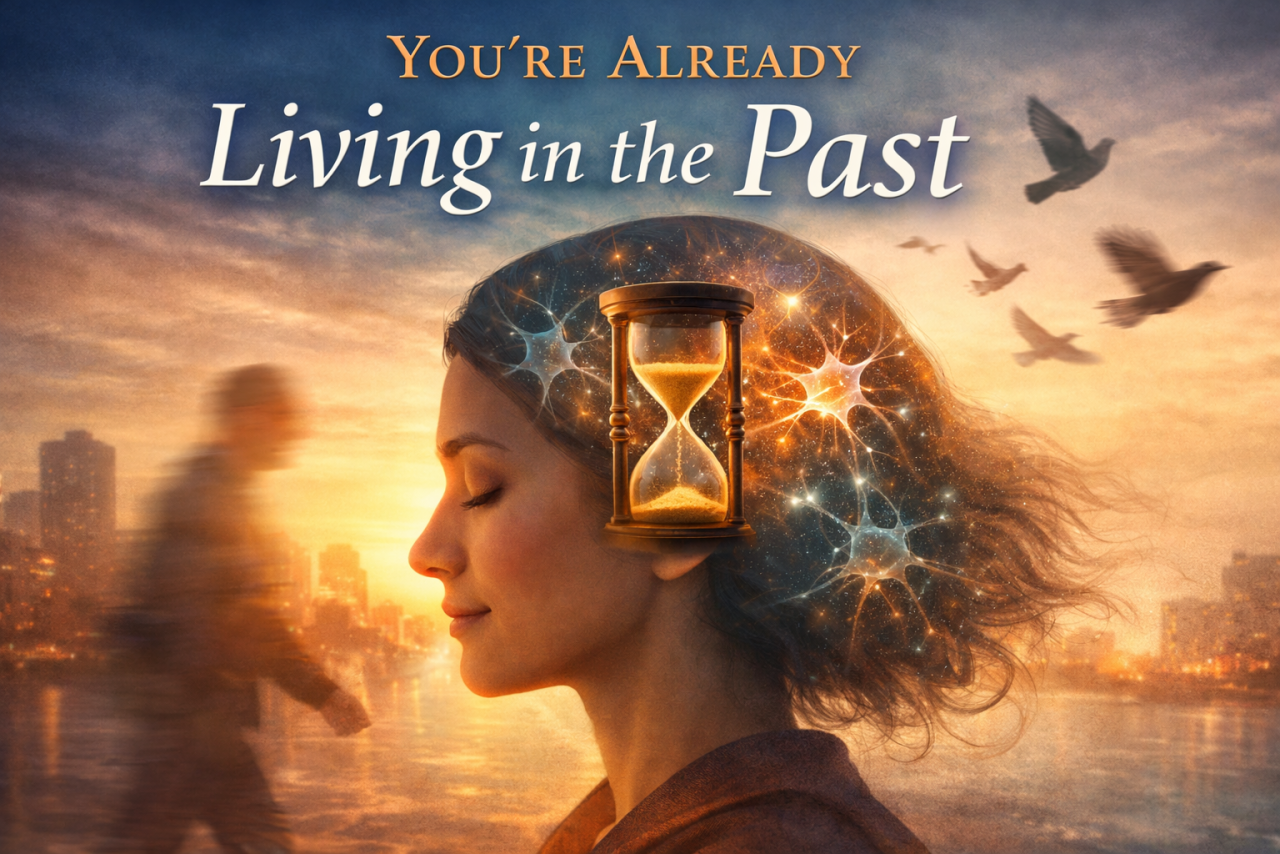
The question of why God created the world is a timeless mystery—one that has echoed through the minds and hearts of thinkers, mystics, and poets for centuries. Whether through sacred texts, philosophical musings, or the quiet wisdom of everyday life, this question touches on the essence of our existence, the nature of the Divine, and the purpose behind all that is. It’s a question that humbles us, invites contemplation, and leads us on a profound journey into the depths of meaning.
In the grand tapestry of human thought, the answer to this question varies across cultures and religions, yet certain themes weave themselves together—a divine purpose, a call to love, and an invitation to understand the mystery of life itself.
Creation as an Expression of Divine Love
At the heart of many religious traditions lies the idea that the world was created out of love. In Christianity, the opening words of Genesis tell us that "In the beginning, God created the heavens and the earth." But why? Some theologians like St. Augustine and Thomas Aquinas suggest that God, in His infinite goodness, created the world not out of necessity but as an act of love—desiring to share His divine beauty and goodness with beings who could experience and reflect that love. The universe, in this view, is a grand canvas where the Divine expresses itself in countless forms—an invitation for humanity to know and love God in return.
Similarly, in Islam, Allah's creation is a reflection of His merciful nature. The Qur’an teaches that the world is a gift—a place for human beings to recognize the Creator, live in harmony, and fulfill their purpose through worship and righteous living. Creation, then, is not just an accident of time but a deliberate act of divine grace, meant to draw us closer to the one who made us.
Hinduism’s Cosmic Play: Creation as Divine Leela
In Hindu philosophy, the question of why the world exists is explored through the concept of leela, or divine play. According to sages like Adi Shankaracharya, God (Brahman) is beyond all dualities, and the world, while ultimately an illusion (Maya), exists as a manifestation of divine joy and creative expression. Creation, in this sense, is not a mere act of will but an unfolding play of the Divine. The universe is the stage upon which God, in His infinite form, experiences every possibility and expression of life.
The Bhagavad Gita, the sacred text of Hinduism, teaches that creation offers a field for human beings to exercise their free will, make choices, and evolve spiritually. The world is both a challenge and an opportunity—an arena where souls can learn, grow, and ultimately realize their oneness with the Divine. Moksha, or liberation, is the goal—the return to the infinite source from which all creation flows.
A Philosophical Quest: Creation and the Search for Meaning
Philosophers through the ages have also wrestled with the idea of creation. St. Thomas Aquinas, a towering figure in Christian thought, argued that the existence of the universe points to a First Cause—God, who is the uncaused cause of all that is. Creation is necessary, Aquinas claimed, because everything in the universe has a cause, and that chain of causes must ultimately rest upon something eternal and self-existent. For Aquinas, the very existence of the world is a testament to God’s purpose, order, and goodness.
In the modern era, thinkers like William Paley used the Teleological Argument (or argument from design) to assert that the complexity and fine-tuning of the universe point to a purposeful creator. The intricate beauty of nature—the precision of the laws of physics, the delicate balance of ecosystems, the wonders of the human body—suggests not chaos, but a Creator with a grand, intentional design. The world, in this view, is a masterpiece, with every detail reflecting the wisdom and intention of the Creator.
The World as a Sacred Test: The Role of Humanity in Creation
In many religious traditions, creation is seen as a space for testing and spiritual growth. Judaism emphasizes that God created the world as a setting for His covenant with humanity. In the Torah and Talmud, God is not a distant deity but one who walks with His people, offering them the opportunity to live righteously, fulfill His commandments, and bring holiness into the world. Creation, in this sense, is both a gift and a responsibility—a place where human beings can choose to align themselves with divine will.
For the Buddha, however, creation itself is not the focus. The world, as it is, is a realm of suffering (dukkha), and the purpose of life is to transcend it through spiritual awakening. The Buddha’s teachings encourage us to see the impermanence and illusion of the world and to break free from attachment and desire. The world is not created by chance, but as a place where beings can evolve toward enlightenment and liberation (nirvana).
Creation and the Mystery of Being: The Taoist Perspective
In Taoism, creation is understood not as a singular event, but as a continuous unfolding of the Tao—the natural flow of the universe. The Tao Te Ching, written by the sage Laozi, teaches that the Tao is the source of all things, yet it is beyond definition or comprehension. Creation is not the result of a divine command but the spontaneous expression of the Tao itself. In this view, the world exists in perfect harmony with the Tao, and human beings are called to align with this flow, living in simplicity, humility, and balance.
Modern Thought: Creation and Science in Harmony
In the modern era, the advent of scientific discoveries—such as the Big Bang theory and the concept of evolution—has not led to the dismissal of divine creation but rather to a deeper appreciation of its mystery. Many theologians see no conflict between science and faith. The Catholic Church, for example, has accepted the theory of evolution, understanding it as a possible mechanism through which God created life. The cosmos, with all its vastness and complexity, continues to inspire awe and wonder, leading many to believe that the very processes of the universe reveal a deeper, divine order.
Philosophers like Teilhard de Chardin proposed that evolution is not merely a physical process but a spiritual one as well, leading the universe toward greater consciousness and unity with the Divine. For de Chardin, creation is a journey—one that is moving toward the ultimate union with God, or the Omega Point, where all things will converge in divine harmony.
Creation as a Divine Gift of Love and Purpose
Across cultures and faiths, the question of why God created the world seems to echo a single, profound truth: creation is not an accident, nor a meaningless occurrence, but a divine gift—a space where we are invited to explore, learn, grow, and connect with something greater than ourselves. Whether through the lens of love, design, or spiritual evolution, creation offers a boundless opportunity for wonder, reflection, and purpose.
Ultimately, we are not merely inhabitants of the world—we are part of the creation itself, woven into the grand tapestry of existence. The world exists as a stage for our spiritual journey, a place where we can realize our divine potential, experience love, and discover our connection to the Creator. In the quiet moments of contemplation, in the beauty of nature, in the challenges and joys of life, the question of creation continues to unfold, inviting us into the mystery and wonder of being. And perhaps, that is the greatest answer of all.





















